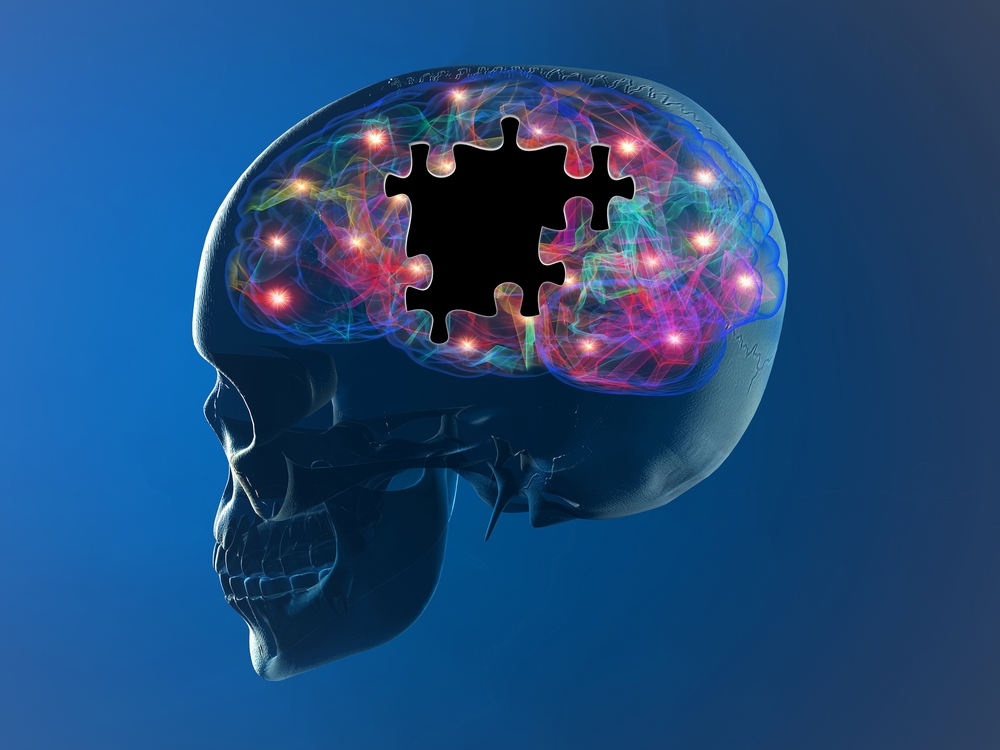Study Suggests Differences in How Memory Is Used in People with Manifest Huntington’s
Written by |

People with Huntington’s disease tend to use their own memories less in engaging with those around them, a new study found.
The researchers say a diminished capacity for autobiographical recollection in these patients may prevent “the benefits of interpersonal bonding.”
Titled “Discrete changes in the frequency and functions of autobiographical reminiscence in Huntington’s disease,” the study was published in the journal Memory.
Autobiographical memories are recollections people have about their own lives. Such memories serve a variety of functions that can be divided, very broadly, into three categories: giving a sense of identity over time (self), connecting with others (social), and helping to guide present thoughts and behavior (directive).
Memory impairments are common in people with Huntington’s disease, but what effect these impairments have on an individual’s lived experience have not been thoroughly explored.
To learn more, researchers investigated how autobiographical memories are used by people with Huntington’s disease. They recruited 30 people with Huntington’s — 14 with early stage disease (manifest), and 16 at a late premanifest stage. These two groups were analyzed separately. For comparison, 30 people without Huntington’s (controls) also were recruited.
All of the participants completed the Thinking About Life Experiences Scale Revised (TALE-R), which measures autobiographical thoughts based on the three divisions of self, social, and directive. Then, the researchers looked for differences between the three groups — those with early stage disease, those at the late premanifest stage, and unaffected controls.
Compared with controls, the manifest group reported talking about the past significantly less frequently. However, there were no differences in any of the groups regarding thinking about the past. There was a trend toward manifest participants talking about the past less often than premanifest individuals.
Manifest participants reported thinking about the past more frequently than talking about it, while no significant differences in mode of reminiscence were observed in either the premanifest group or the controls.
In all three groups, social and directive reasons for reminiscing were more common than self functions. The manifest group reported using autobiographical memories for social functions significantly less frequently than the control group. There were no other statistically significant differences between the groups.
“Our findings suggest that in parallel with a diminished capacity for autobiographical recollection, people with manifest HD may also be foregoing the benefits of interpersonal bonding that shared reminiscence fosters,” the researchers said.
Notably, these associations held constant even after accounting for age, which tends to be higher among people with more advanced disease.
The researchers also looked for associations between disease severity among all 3o participants with Huntington’s and TALE-R scores. Higher burdens of disease were significantly associated with less frequent use of autobiographical memories for directive functions. No other significant associations were found.
“This study provides preliminary insights into how the perceived function of autobiographical memory changes in the premanifest and manifest stages of [Huntington’s disease],” the researchers said.
They noted that the study is small and preliminary, so more research will be needed to validate these findings.


